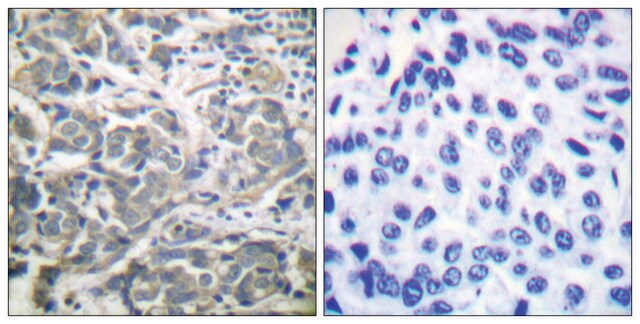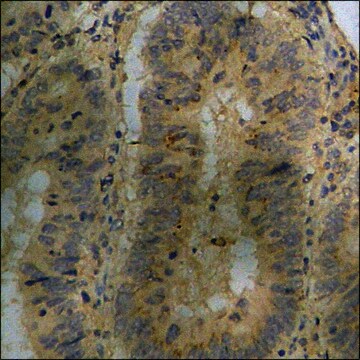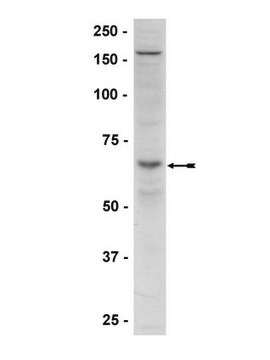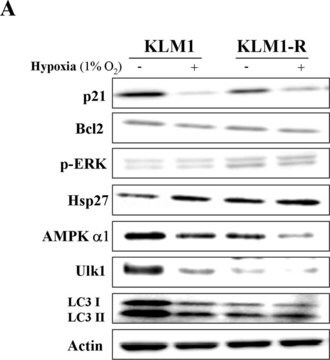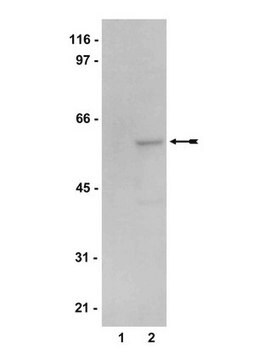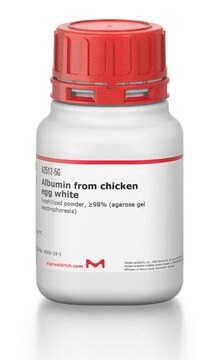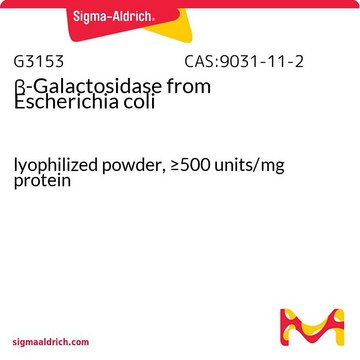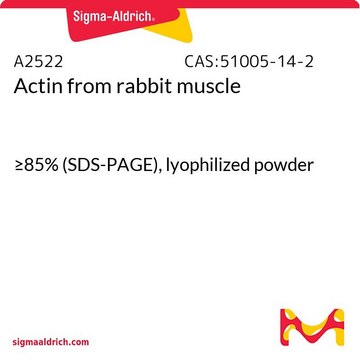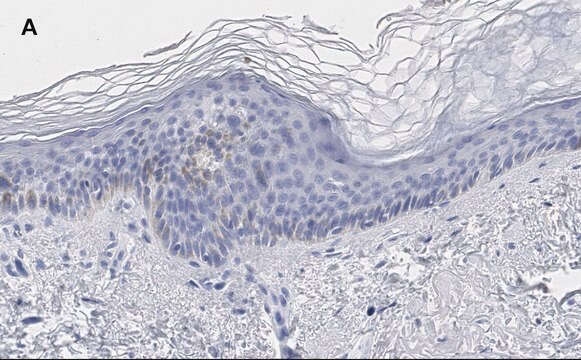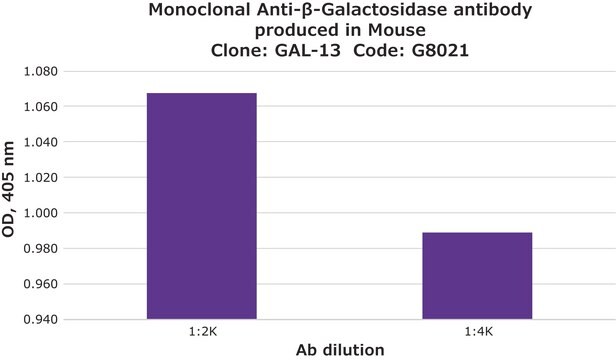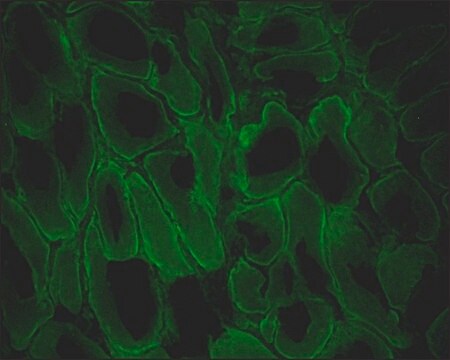07-681
Anti-phospho-AMPK α (Thr172) Antibody
Upstate®, from rabbit
About This Item
Recommended Products
biological source
rabbit
Quality Level
antibody form
purified immunoglobulin
antibody product type
primary antibodies
clone
polyclonal
species reactivity
human, rat
manufacturer/tradename
Upstate®
technique(s)
western blot: suitable
isotype
IgG
NCBI accession no.
1 of 4
This Item | 05-593-I | MABT1546 | D8043 |
|---|---|---|---|
| species reactivity guinea pig, rabbit, rat, human, mouse, canine | species reactivity rabbit, human, mouse | species reactivity mouse, human | species reactivity rat, human, mouse, fish |
| antibody form culture supernatant | antibody form purified antibody | antibody form purified antibody | antibody form ascites fluid |
| biological source mouse | biological source mouse | biological source mouse | biological source mouse |
| shipped in wet ice | shipped in dry ice | shipped in ambient | shipped in dry ice |
| technique(s) immunohistochemistry: suitable, western blot: suitable | technique(s) - | technique(s) immunocytochemistry: suitable, immunofluorescence: suitable, western blot: suitable | technique(s) indirect immunofluorescence: 1:100 using freshly dissected and frozen human or animal muscle tissue., microarray: suitable |
Specificity
Immunogen
Application
Quality
Target description
Physical form
Analysis Note
Serum starved HEK293 cells
Other Notes
Legal Information
Not finding the right product?
Try our Product Selector Tool.
Storage Class Code
10 - Combustible liquids
WGK
WGK 1
Certificates of Analysis (COA)
Search for Certificates of Analysis (COA) by entering the products Lot/Batch Number. Lot and Batch Numbers can be found on a product’s label following the words ‘Lot’ or ‘Batch’.
Already Own This Product?
Find documentation for the products that you have recently purchased in the Document Library.
Our team of scientists has experience in all areas of research including Life Science, Material Science, Chemical Synthesis, Chromatography, Analytical and many others.
Contact Technical Service